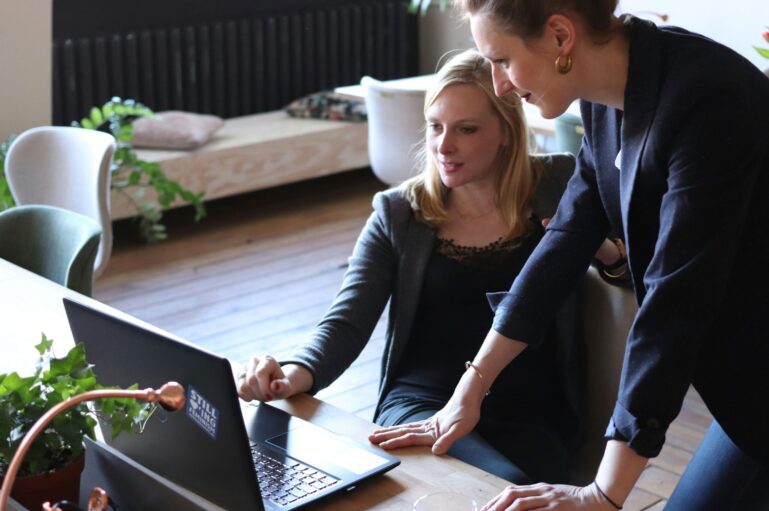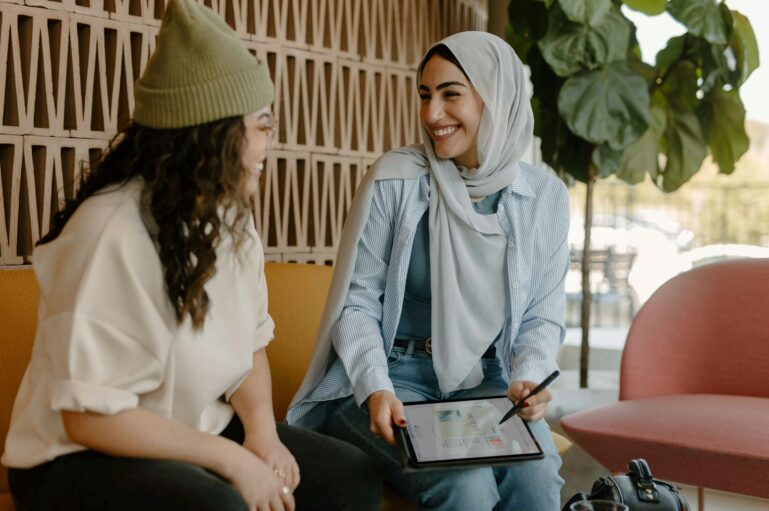Charles (Chippy) Brand (civil engineer) bought a defunct little road-building business from his dad and moved back to a rented house in Carltonville, South Africa, to manage the company, C & J Reid. The company had few assets – antiquated steam-driven rollers, two motor graders which ran off power paraffin, a couple of ancient bulldozers and other machines and a few old trucks, all very derelict. In spite of the fact that its equipment was old, the company still had a good name amongst the nearby mining houses and the municipality for road building and maintenance. The business had recently hired a British-trained civil engineer with significant experience in the construction of the London underground railway – Stuart Shepherd-Folker – a man in his sixties. Sheppy, as he was called, became a huge source of practical wisdom and strength to Chippy.
In his book, “Branded by Grace”, Charles Brand recalls approaching Sheppy and I quote: “Sir, I’ve bought this company and I’m the first to admit that I’m absolutely wet behind the ears. I don’t know how to start building a road. Please would you teach me? I’d like you to be the boss of this company and I’ll work for you”. Sheppy warned Chippy that he would have to work hard, which might be difficult being the owner, to which Chippy responded: “That’s what I’m here for. I need a teacher!” For the next two years, Chippy sat under Sheppy’s mentorship, coaching him to excellence, until the day finally came when Sheppy moved around the desk and said to Chippy: “You’re the boss now. Sit in my chair and tell me what I must do”. Their positions and roles were exchanged without any loss of Sheppy’s on-going oversight and encouragement. This hands-on learning was facilitated through an excellent coach.
Some of my own significant periods of growth personally and professionally have taken place when I have submitted to the expertise and wisdom of a coach or mentor – one who can give guidance, but more importantly, can challenge my assumptions and thought processes and hold me accountable on decisions made and subsequent actions taken. Some of the benefits of a coaching/mentoring relationship include:
- Stretch, personally and professionally, and the development of your potential
- Enhancement of self-awareness – motivation, emotion, etc.
- Fast adaptation to new jobs and roles
- Awareness of strengths and weaknesses and how to maximise strengths and minimise weakness to attain better results
- Acquisition of new knowledge and skills
- Multiplication of valuable networks within and external to your organisation
- Facilitates a structured opportunity for feedback
- Improves your competence and could enhance the possibility of promotion
To get the most out of any coaching/mentoring relationship, the following should be born in mind:
- Take ownership of the relationship and make it work for you – after all, you are the one who wants to learn and grow
- Be proactive – request feedback, help and advice if you require it. Do not wait for the coach/mentor to approach you
- Come to each session well prepared. Think through your agenda for each session and have feedback on actions taken ready for discussion (progress reports)
- Ask for clarification when you don’t really understand – e.g.: “you mentioned employee engagement as being paramount to good leadership. In your experience, what does this entail?”
- Take comprehensive notes – review and follow through on action items
- Keep your commitments
Learning is essential for growth. Coaching and mentoring can accelerate learning and subsequently growth if the relationship is taken seriously. Someone once said: “Do you think the world’s high jump record would be as high if there wasn’t a crossbar?” The coach/mentor acts as this crossbar, stretching the “student” to greater heights to fully realise potential.
Postscript
Chippy Brand, together with Sheppy, made C & J Reid a successful civil engineering company. Chippy used to own the Grace Group of Hotels, one of which has been voted Best Hotel in the World (Conde Nast Traveller) and another Best City Hotel in Africa.
Free To Grow specialises in people development and offers workshops to help people grow (www.freetogrow.com)










